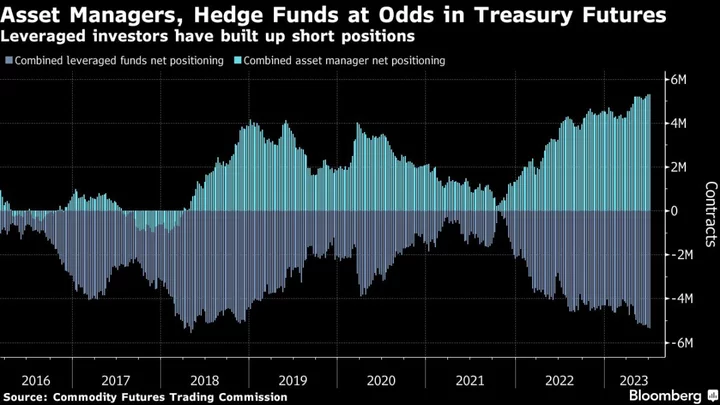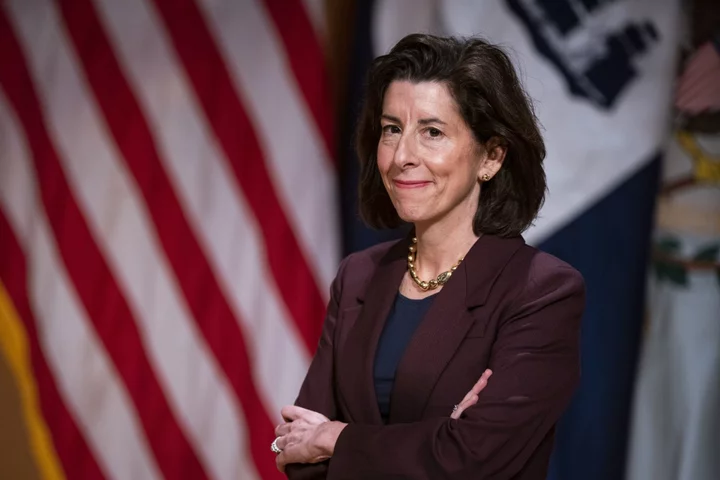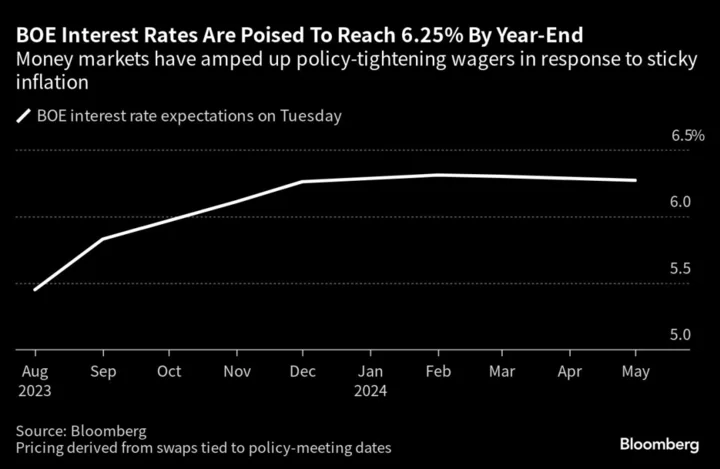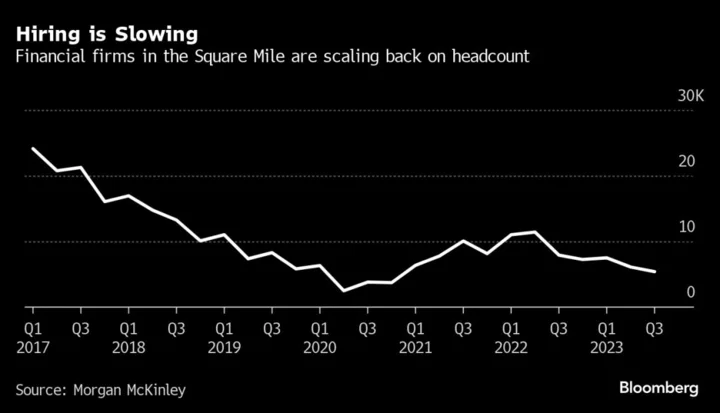The European Central Bank has written to about 20 lenders to warn them that it will impose fines unless they address shortcomings in their management of climate risk, according to people familiar with the matter.
In letters sent this month and last, the ECB has given the banks individual deadlines, such as the end of March, to fix the issues it identified, the people said, asking not to be named discussing private deliberations. The so-called periodic penalty payments mark an escalation as the ECB’s patience with laggards wears thin, they said.
An ECB spokeswoman declined to comment.
The ECB has repeatedly warned that lenders aren’t doing enough to prepare for the fallout of extreme weather shocks on asset values, or the risk that clients with big carbon footprints might go out of business. In an interview with Bloomberg in September, the central bank’s top oversight official cited fines as an option to better tailor its supervision and move away from capital surcharges as a default tool.
It’s the latest sign that authorities in the European Union are stepping up pressure on the financial industry to improve its handling of environmental, social and governance risks. Last month, the European Banking Authority said it was revising the framework that sets industrywide capital requirements to better incorporate ESG.
The ECB, which aside from setting interest rates is also responsible for banking oversight in the euro area, has a number of levers at its disposal. These include enforcement powers that allow it to demand that banks pay as much as 5% of their average daily revenue on each day an infringement continues for a maximum period of six months, according to its website.
The severity of the shortcomings observed by the ECB varies across banks, and it’s unlikely that all of them will get hit by penalties, the people familiar with the matter said.
The ECB directly oversees the 109 most systemically significant banks in Europe, and national authorities handle the day-to-day supervision of smaller lenders.
ECB Executive Board Member Frank Elderson said in a speech this month that “a number of banks have not delivered” on an interim deadline set for March of this year.
He cited the example of lenders that “haven’t yet performed an adequate materiality assessment” of the impact of climate and environmental risks across their portfolios, which he described as “the basic starting point for managing any type of risk.”









